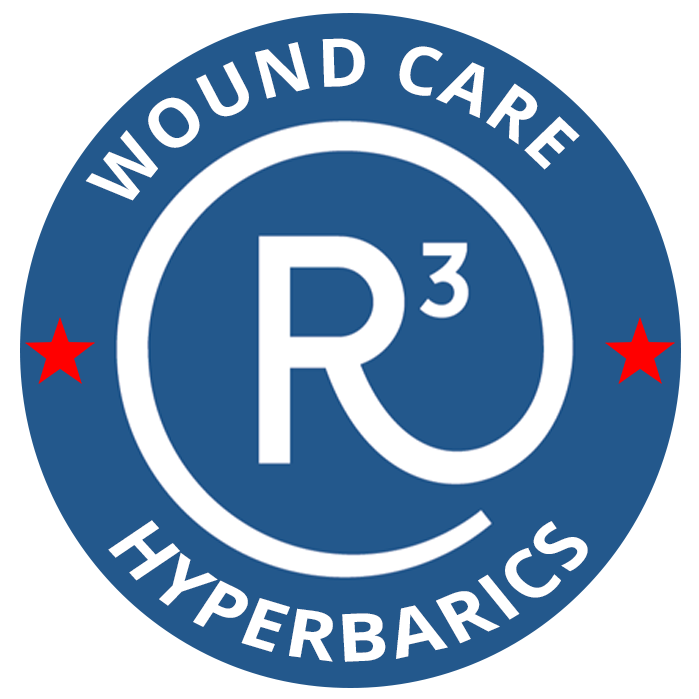By: Melinda V. Gonzalez, PA-C
Major abdominal surgery can be very stressful on your body. If you have a complication, you will more than likely end up having to undergo more surgery and be left with a large abdominal wound. This wound is vulnerable to infections and/or further complications that could delay healing.
Abdominal surgery includes any surgery on the abdomen to include gall bladder removal (cholecystectomy), appendex removal (appendectomy), colon surgery (colectomy or sigmoidectomy), small bowel surgery, hernia repair (ventral/hiatal), hysterectomy, pancreatic surgery, reflux surgery or weight loss surgery.
If your surgery was planned as minimally invasive surgery–such as the small laparoscopic incisions–and then ends up an open surgery due to the complexities, your wound needs to be monitored closely to prevent wound healing problems and possibly infections. Open abdominal surgery such as a tummy tuck (abdominoplasty), cesarean section, small bowel obstruction surgery, large complex hernia repair surgery, or kidney surgeries usually have long incisions that can be vulnerable to opening prematurely. A more advanced closure technique such as a wound vacuum system or other advanced wound care applications might be needed for those larger wounds to close if they do not heal in a timely manner.
A diagnosis of diabetes, other medical problems or nutritional deficiencies, can also put you at risk for wound healing complications. Hyperbaric oxygen therapy can be used to speed recovery. Hyperbaric oxygen allows the wound bed to be saturated with 100% oxygen allowing for better blood flow, enhanced white blood cells to fight infection, new collagen production and increase tissue strength.
If you or someone you know has had an abdominal surgery, which needs advanced wound care, please seek out the medical advice from the providers at R3 Wound Care and Hyperbarics. We can collaborate with your surgeon and provide you with the advanced care you need to heal your abdominal wound quickly.
